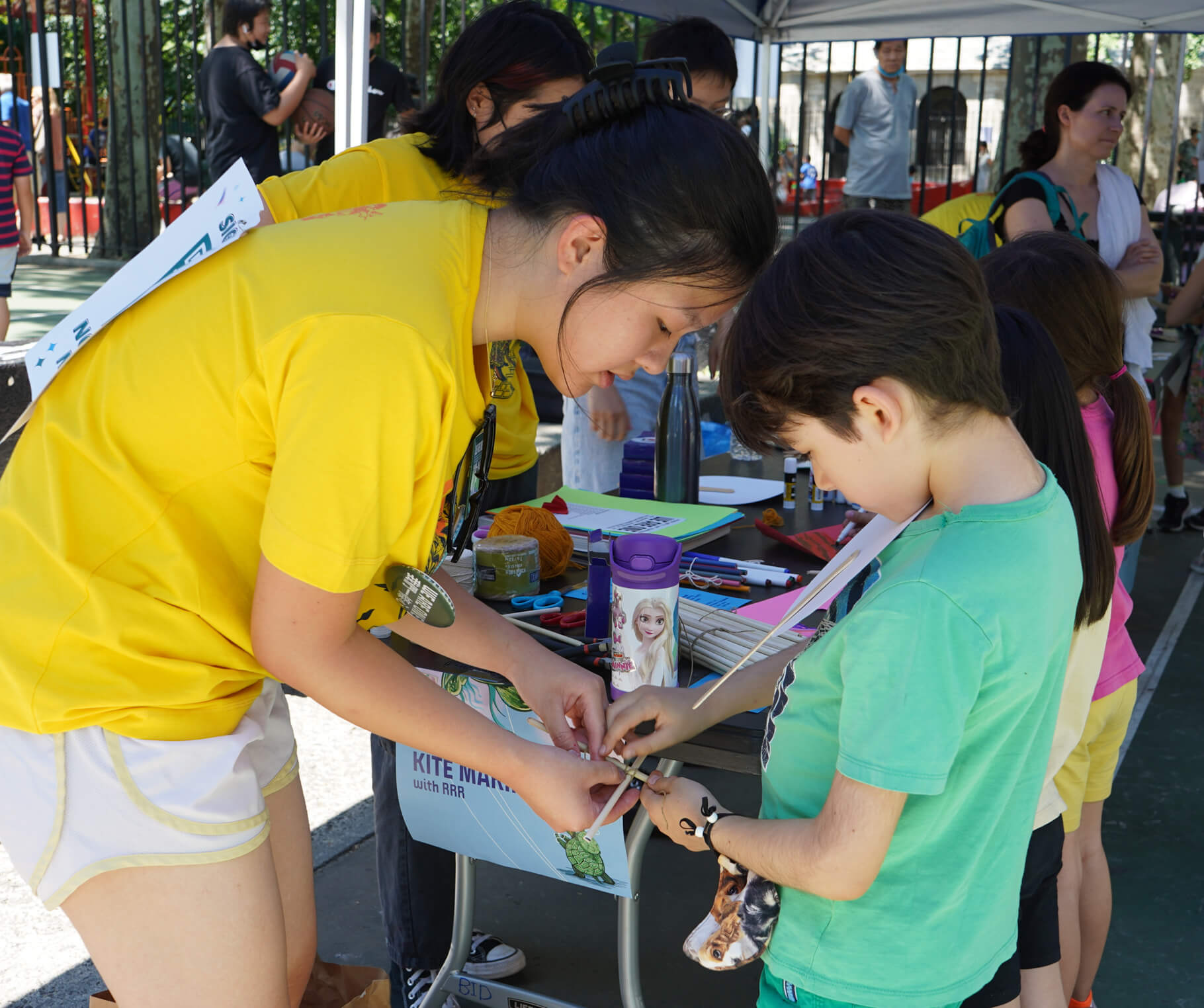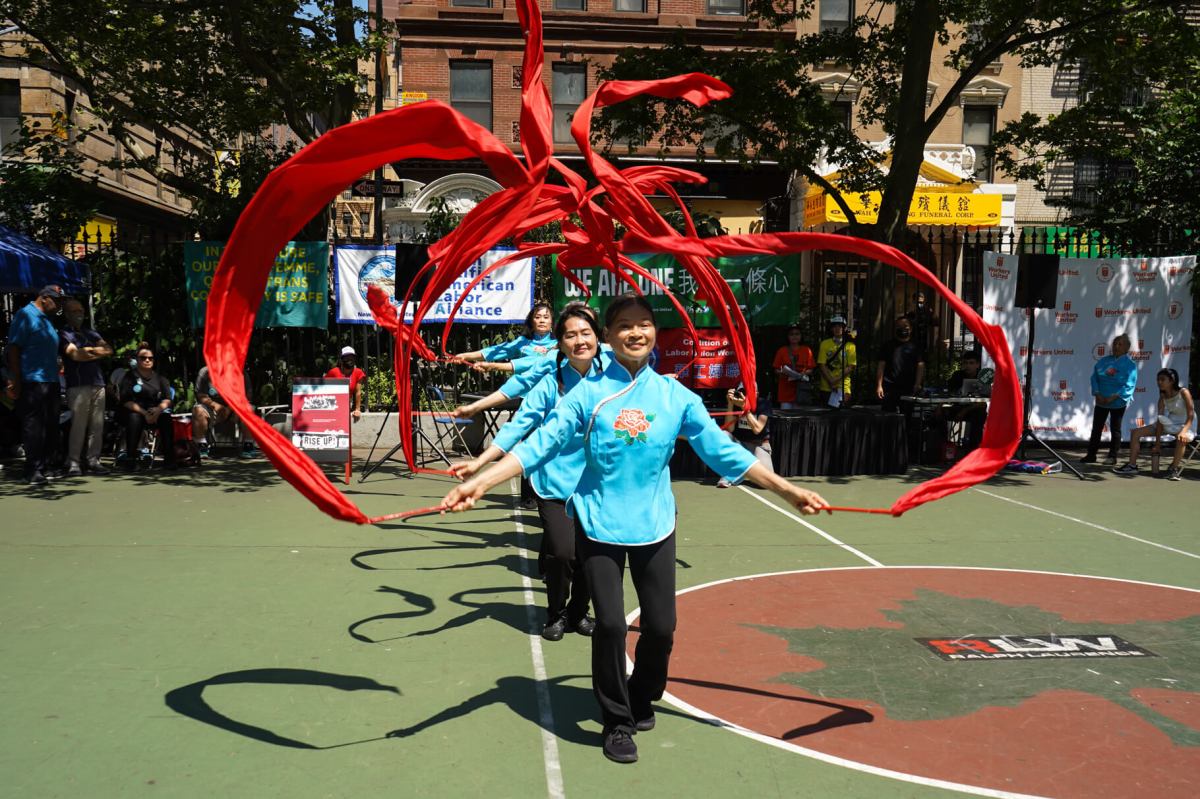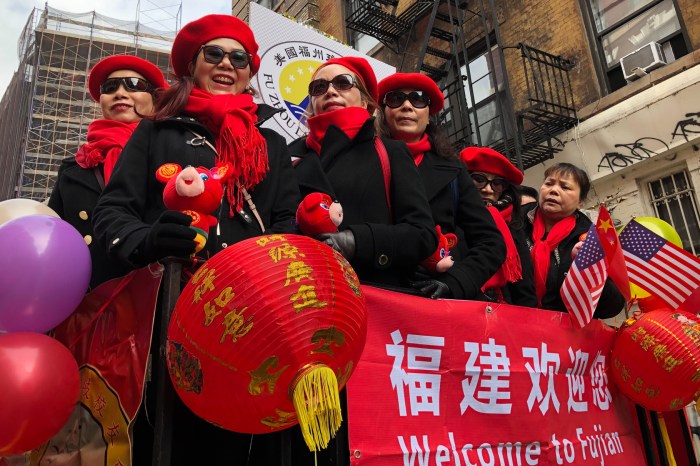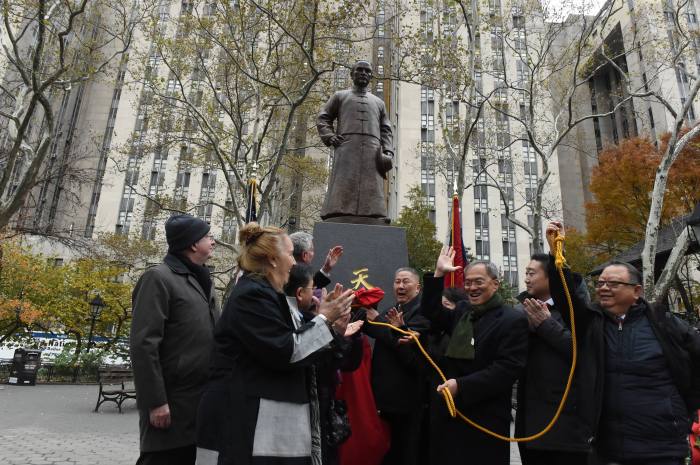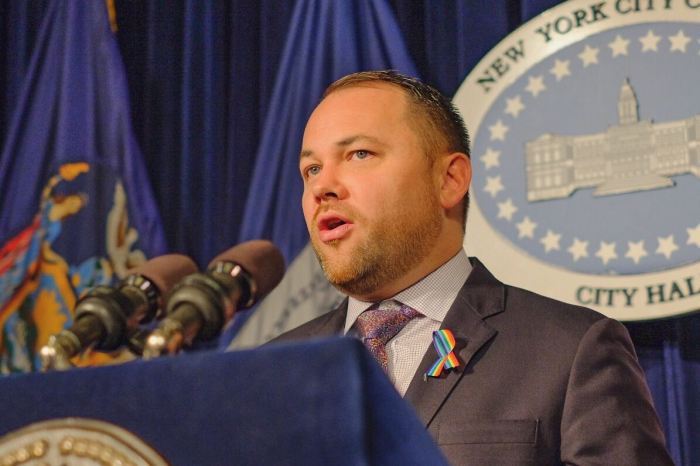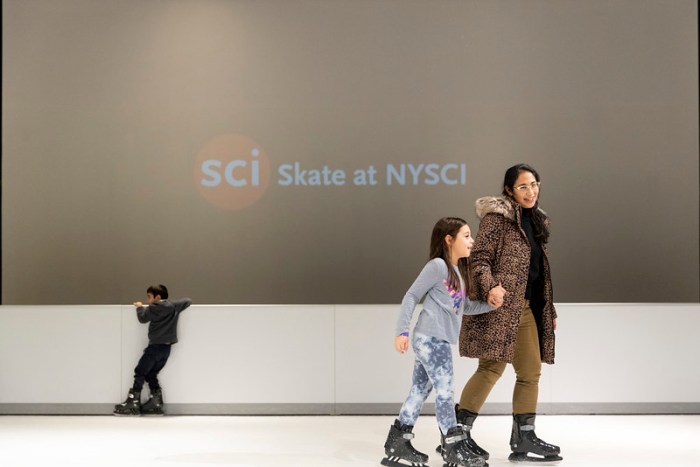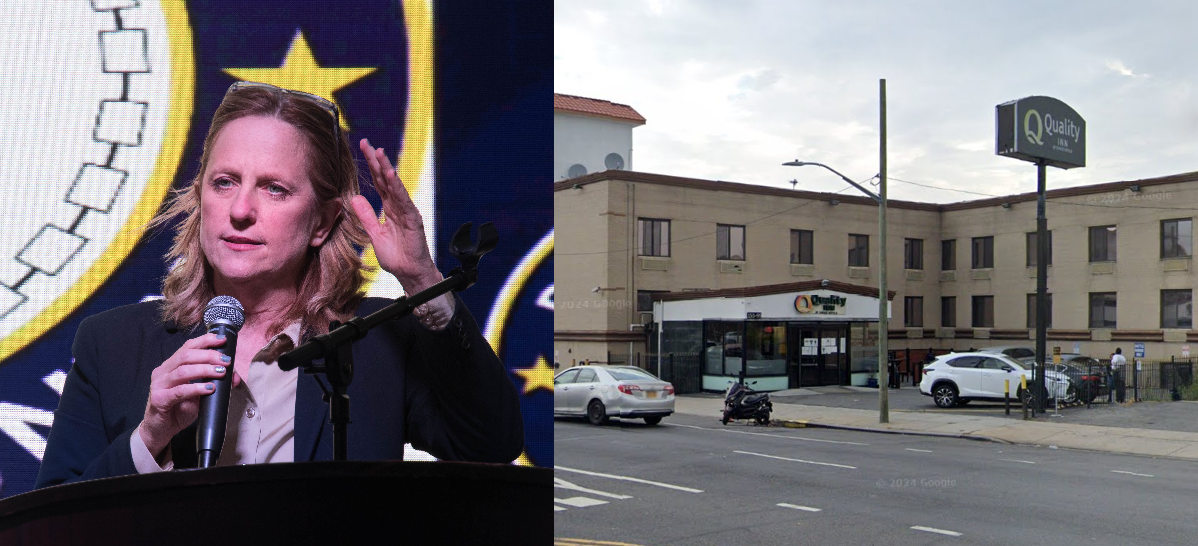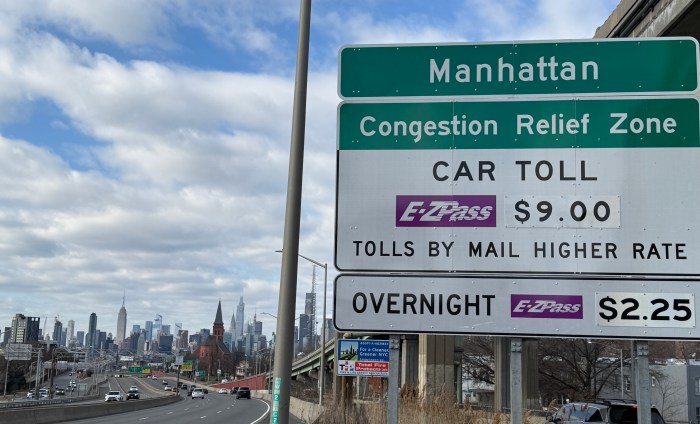On a scorching Saturday at the basketball court in Chinatown a couple of weeks back, Union members and families paid tribute to a significant day in organized labor history. The gathering remembered the date—June 24, 1982— when 20,000 organized Chinese American women walked out of the garment factories to demand better wages, health benefits and improved working conditions. Their rally at Columbus Park mounted the largest strike the city had seen in decades.
Edgar Romney, International Ladies Garment Workers Union manager, reminded the assembled at the commemoration, “There were about 500 factories in the metro New York area. The bulk of the garment work that came out of the industry of New York actually came out of this community of Chinatown.” The women sewed for hours —shirts or dresses for major brands for as little as 50 cents.
Romney went on to explain the history, “While many other factories signed the contract offering improved benefits, a small minority of Chinatown factories refused to sign and did not allow the workers to get what they were entitled to.” Some factory owners did not believe their employees would walk out, but they did walk out and held an organized rally at Columbus Park under the theme, “We Are One.” The garment workers eventually won the strike after negotiations a few weeks later.
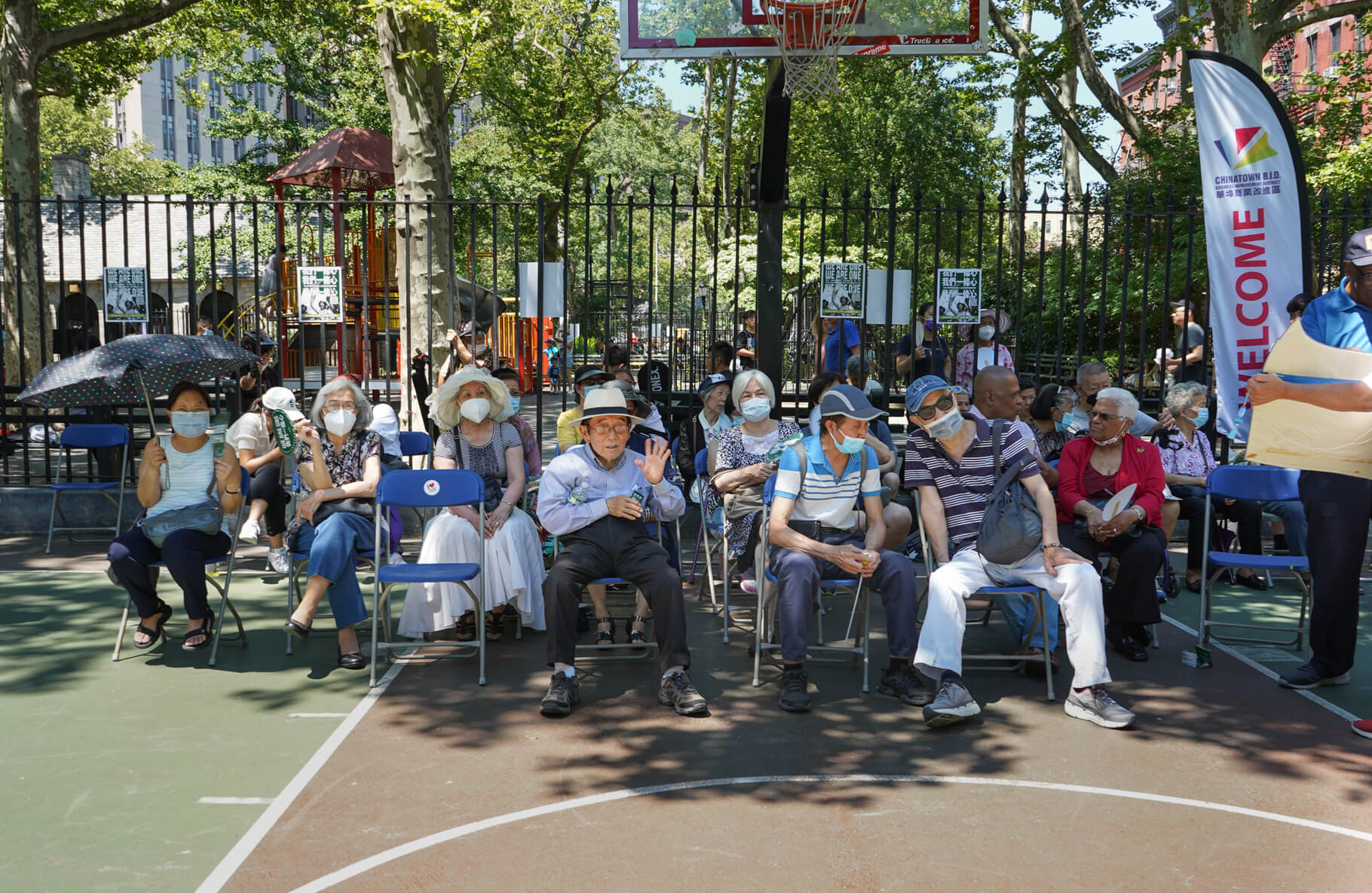
Chinese Americans fighting for critical benefits at that time was historic.
Another to speak during the commemoration was Ms. Ho, a garment worker, subsequently hired as a ILGWU business agent, visiting factories, speaking with workers, working with the union to act as a liaison between the Chinese garment workers.
“Shop owners could fire you for no reason, but with the union, you are protected. We want respect and a reasonable salary.” In the fiery language of an organizer she reminded people that the fight was for dignity and that the power is with the people who must stay united and fight.
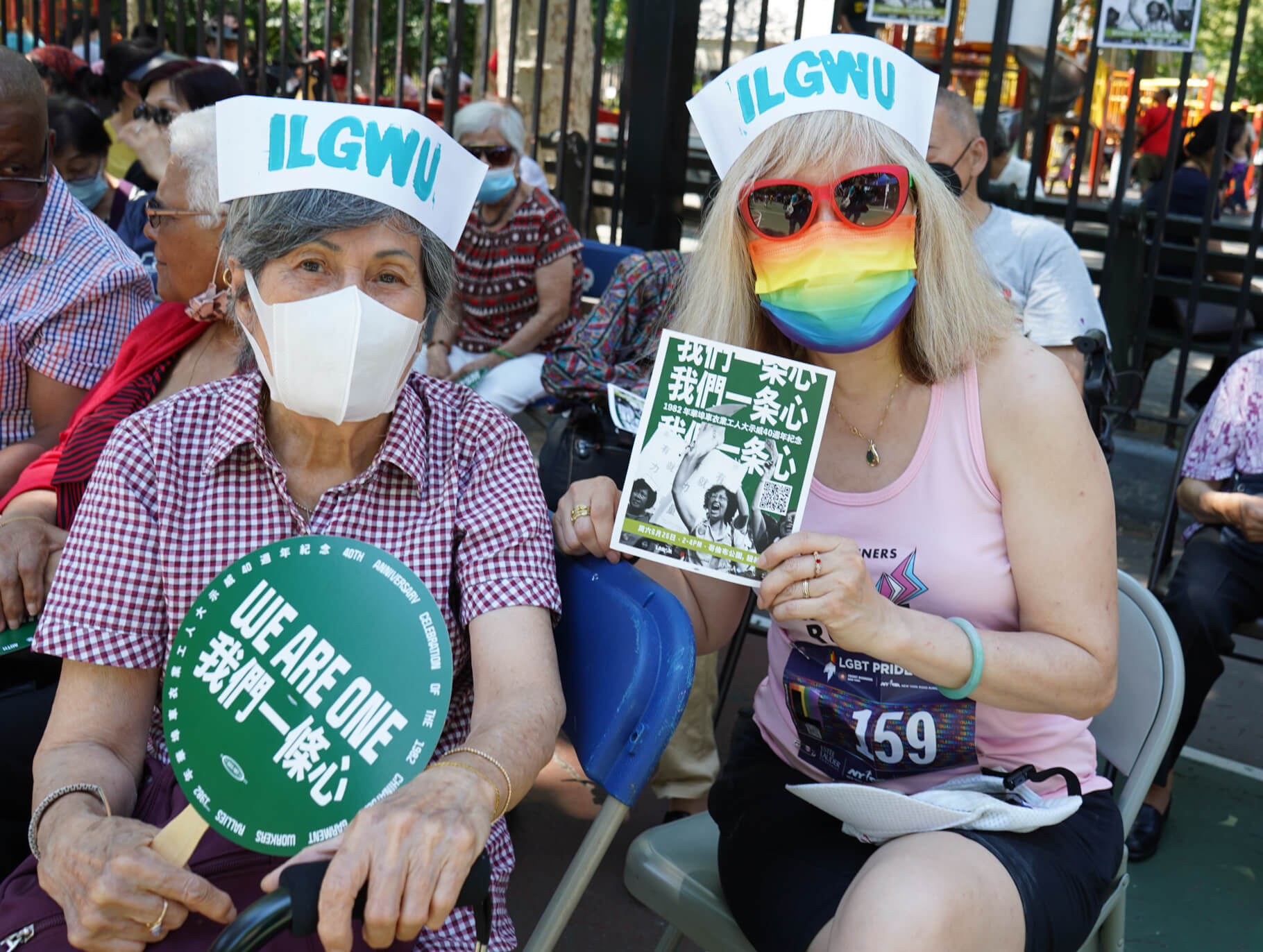
For those workers who bravely walked out, health benefits for their families were a critical benefit won. ILGWU also provided citizenship and language classes to assist its members to assimilate in the US.
The ILGWU newsletter writes: Over the next few decades, garment factories in Chinatown began to close as designers found cheaper labor overseas. Virtually no Chinatown factories remain.
Sitting in a slightly shaded area, retired Chinatown garment factory workers wearing ILGWU caps listened to the speakers. Between speakers, cultural entertainment by the Red Silk Dancers transformed the ambiance. At the commemoration, there were tents with art activity opportunities for children.
